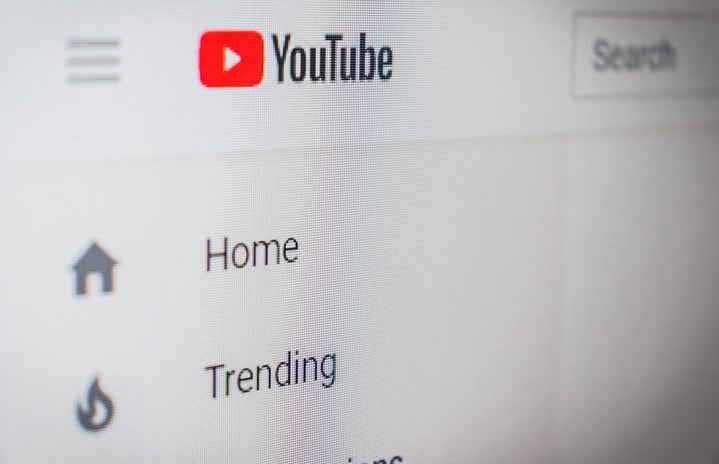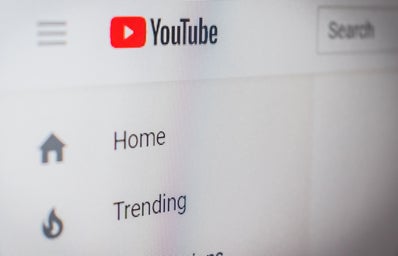In the late 2000s, YouTube was full of relatable content. YouTubers like Bethany Mota, Blair Fowler (juicystar07), and Michelle Phan often shot their videos in their own bedrooms, and attended school or worked full-time. Viewers could relate to almost every video, or at least imagine being friends with these YouTubers.
As YouTube has become a legitimate occupation for more people, becoming unrelatable has become an accusation in the comments section of many videos. YouTubers who may have started with back-to-school videos, morning routines, and clothing hauls are posting videos complaining about how they “lost” $10,000 on vacation (@Haley Pham), and their subscribers are noticing how their personalities have changed as their content becomes unrelatable.
Obviously, as people become more successful on YouTube, they make more money and become more famous, making them more unrelatable automatically. However, relatability can come from either content or personality.
Emma Chamberlain comes across as generally relatable, even as she attends Paris Fashion Week and lives in a beautiful apartment in LA, because of her personality and her chaotic video editing style.
Her video topics could be recreated by almost anyone; she makes nut milk, cooks a three-course meal, and reacts to her old outfits. Her life and her personality are the main focus of her videos, rather than her wealth and new lifestyle. While most people might not buy coffee from every coffee shop in LA or shop as much as she does, there are no Gucci shopping sprees or videos about spending as much money as possible on her channel.
For vloggers and lifestyle YouTubers, relatability is important because if viewers can relate to a YouTuber’s personality or content, they will be more likely to watch more of her videos or subscribe, which helps grow her channel. This in turn increases her ad revenue and business opportunities.
So when viewers accuse Emma Chamberlain or Haley Pham of being unrelatable or “changing,” these YouTubers are incentivized to become more relatable again. But YouTube is a full-time job for them; business decisions and managers are behind the scenes, making sure that the bills will be paid with this month’s ad revenue. It’s like the reverse of the Wizard of Oz — the curtain draws back and behind this small, relatable figure is actually an impressive team of professionals, making sure appearances are kept up.
The early appeal of YouTube was that it offered an unfiltered and authentic view into other people’s lives, but in the decade since its creation, it has become closer to the staged nature of reality TV. Full-time YouTubers create the content that their viewers want to see, adjust their personalities to be more palatable, and their viewers comment that they’re “so down-to-earth” and “relatable” in return. For most people, there is nothing relatable about being a full-time YouTuber.
Want to keep up with HCBU? Make sure to like us on Facebook, follow us on Instagram, check out our Pinterest board, and read our latest Tweets!



